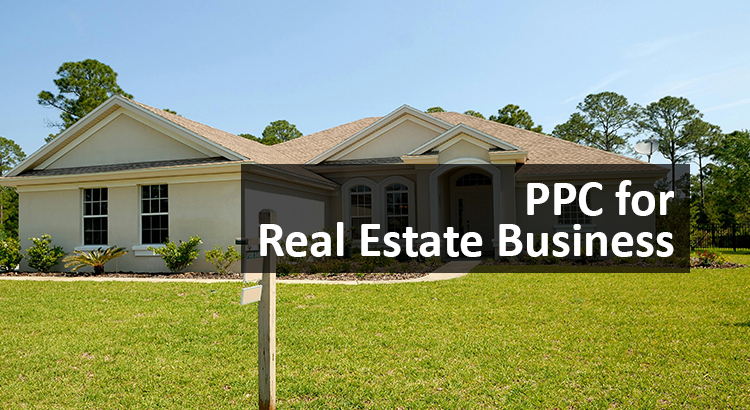PPC advertising has become an effective tool for real estate businesses, offering a direct and measurable way to attract potential clients. PPC ensures that real estate agents only pay for actual results, making it a cost-effective and efficient marketing strategy. By understanding the benefits of PPC for real estate business, along with effective steps to create the campaign, realtors can maximize their outreach and generate quality leads.
Useful Article: PPC Advertising: A Step-by-Step Guide to Successful Campaigns
Benefits of PPC for Realtors
Here are the advantages of real estate pay-per-click advertising.
1. Cost-Effective Performance
Pay only for actual results, ensuring a direct link between cost and performance, as you only pay when a user reaches your website or landing page.
2. Precise Audience Targeting
Real estate PPC advertising reach the right audience through laser-targeted segmentation options, minimizing wasted clicks and lowering ad costs.
3. Instant Exposure
PPC real estate marketing offers instant exposure across various platforms, ensuring your business remains top of mind for high-volume searches.
4. Quick Results
Real estate PPC marketing can boost traffic within 24 hours, providing faster results compared to SEO, making it ideal for urgent listings.
5. Enhanced Engagement
Strategic ad placement and retargeting increase engagement and conversions, enhancing real estate marketing effectiveness.
Steps to Create Real Estate PPC Advertising:
Step 1: Selecting Your PPC Platform
Numerous companies offer PPC solutions tailored for realtors, with Google Ads being the most prominent. Conduct keyword research to target specific demographics effectively.
For instance, use keywords like “houses for sale in [your city]” to reach potential customers. Compete for ad placement by bidding on keywords. Your ads will appear at the top or side of Google search results, ensuring visibility to users searching for relevant terms.
Other platforms like Bing Ads, Facebook, and Twitter also offer PPC advertising options, each with its unique targeting capabilities.
Step #2: Crafting Your Ad Format
Adhere to the guidelines of your chosen PPC platform while designing your ad content. Google Ads typically feature text-only ads with limited space for headlines and descriptions.
Bing Ads allow for headlines, descriptions, and links to various site pages. Platforms like Facebook and Twitter offer diverse ad formats, including text, image, and video ads.
Familiarize yourself with each platform’s rules and styles to create engaging and compliant advertisements.
Step #3: Developing Your Landing Page
Create dedicated landing pages on your real estate website tailored to specific ad campaigns. Each landing page should align with the corresponding ad’s messaging and encourage visitor engagement.
Incorporate compelling content, such as descriptive text, images, and videos, to captivate your audience. Include clear calls-to-action (CTAs) prompting visitors to take desired actions, such as signing up for newsletters or scheduling consultations.
Your landing page serves as a crucial conversion point, guiding visitors toward becoming potential leads or clients.
Read More: How to Create a Google Ads Landing Page That Converts Well?
Step #4: Integration and Optimization
Integrate your ads with landing pages to ensure a seamless user experience. Link your ads to respective landing pages and utilize tracking tools provided by the PPC platform to monitor performance metrics.
Continuously optimize your ads and landing pages based on data insights to improve click-through rates and conversions.
By refining your PPC campaigns over time, you can enhance their effectiveness and maximize return on investment (ROI).
Conclusion of PPC for Real Estate Agents
PPC advertising offers real estate agents a targeted, cost-effective, and measurable approach to lead generation and client acquisition. By leveraging the benefits of PPC, real estate agents can enhance their visibility and engagement.


